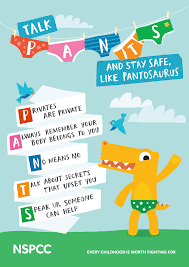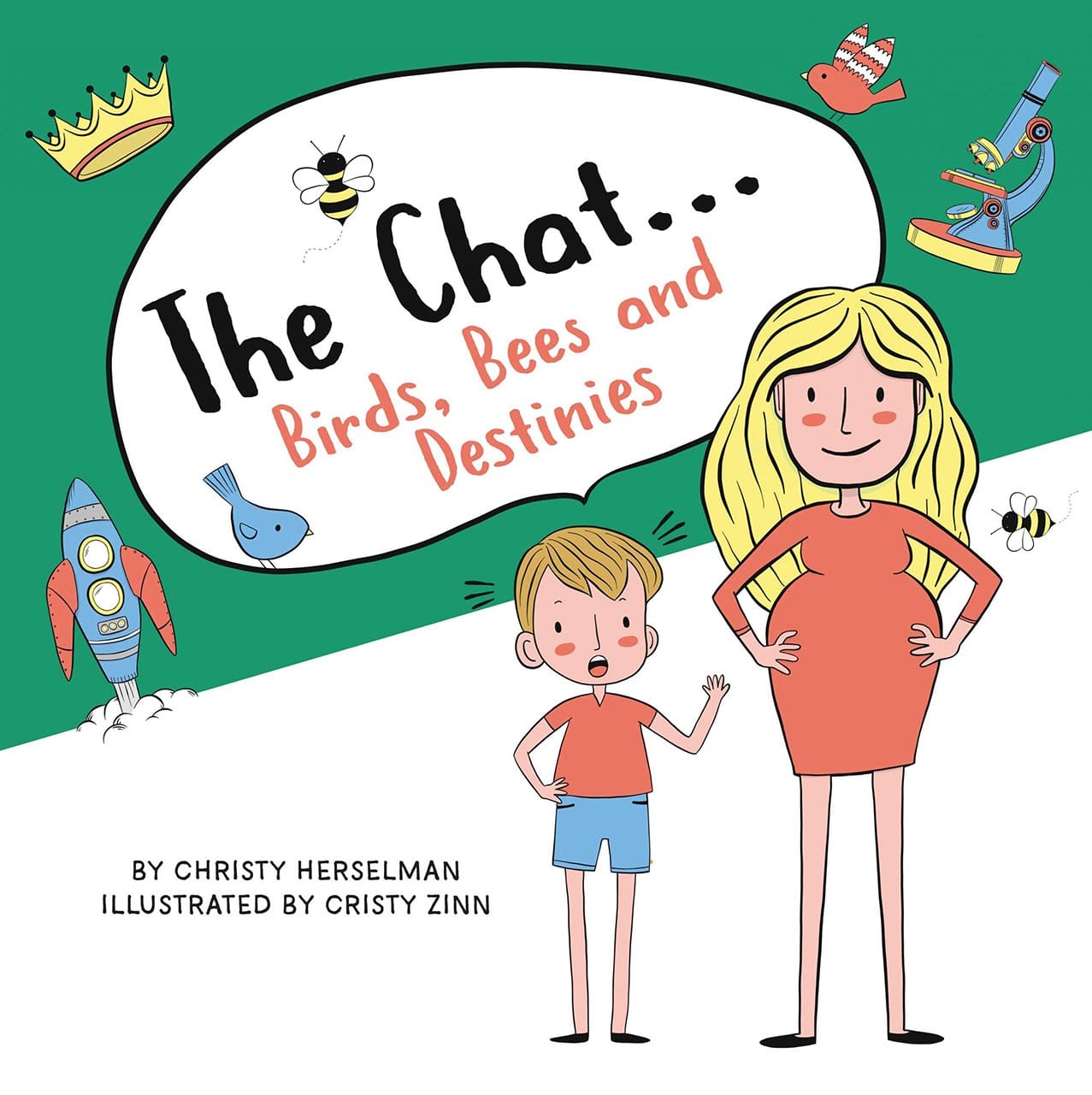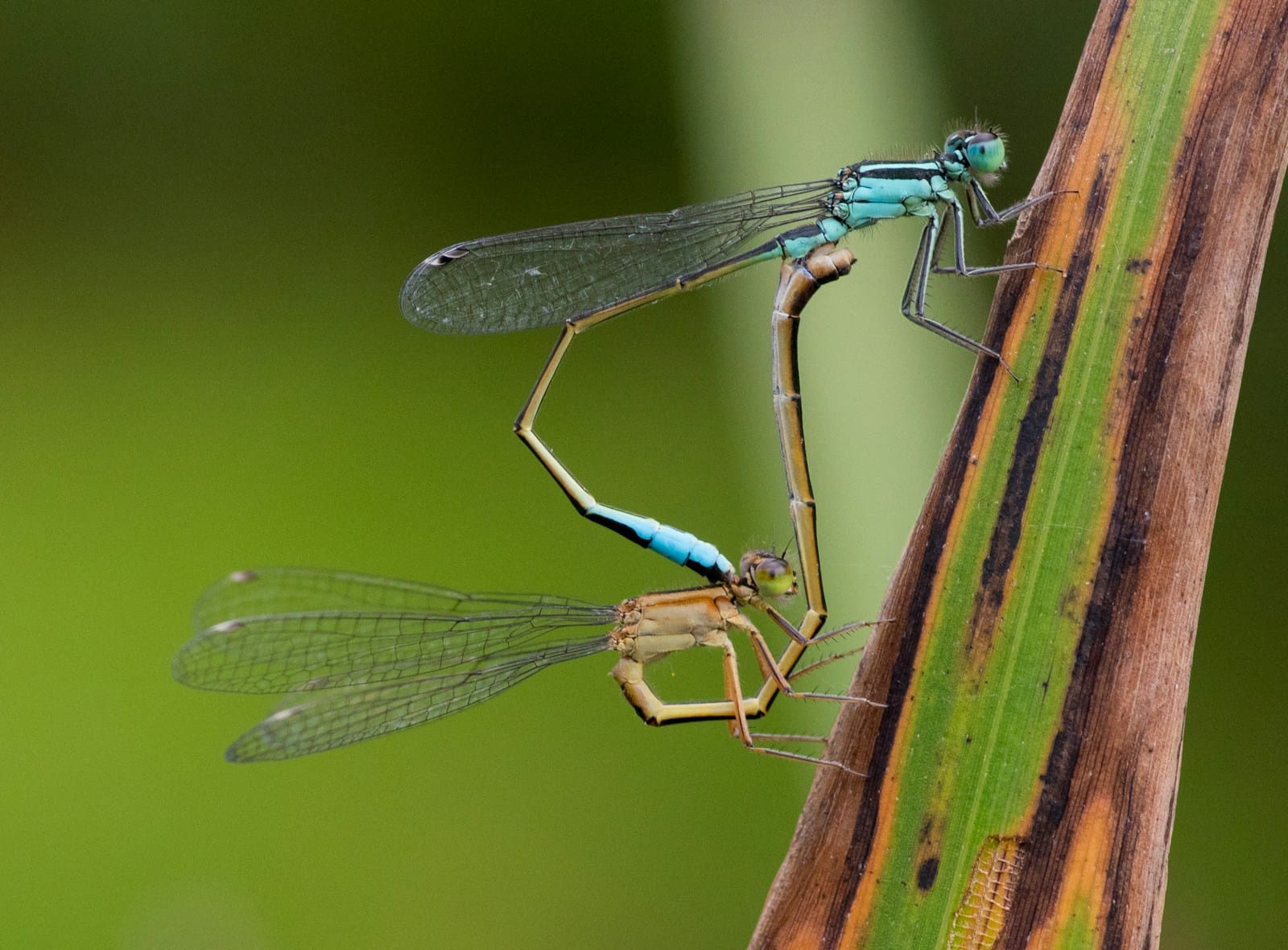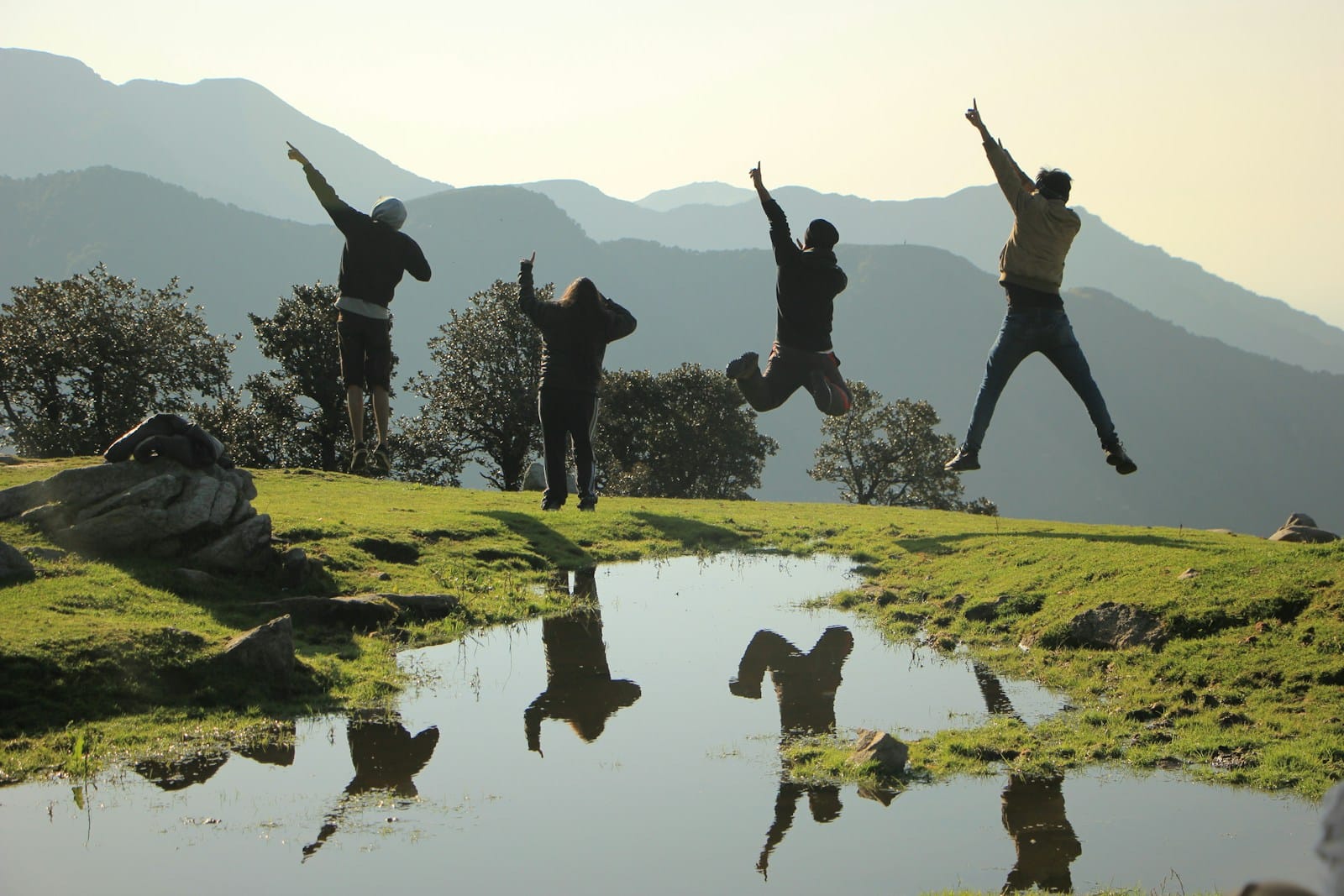Talking to children about their bodies: Resources
Learn how to discuss body awareness, safety, and sex education with your child. Practical tips and resources for fostering healthy conversations.
This is a follow-up post to last week’s blog. You can read that post here.
Talking to my child about their body: Where do I start?
Name all body parts
Start normalising conversations about caring for your body, and healthy growing bodies from as young as you can. This helps you get used to talking about it, if you haven’t been before. And it helps your child to know that their body matters. After all, everything happens because we have a body!
Bath time with toddlers is a great time to name all the body parts, including genitals with correct names; vagina and penis. If you have older children, you can read books together that give correct names, and discuss these together. It’s great to have a bit of a giggle about it, talk about how sometimes people feel funny to talk about bodies, but in this house it is OK.
Normalise correct language, nicknames are OK too, but make sure your child knows the correct names for their genitals. This is a protective measure. Say something happens to your child when they are not with you, not necessarily sinister, but for example being hurt in the genitals during rough play, or if they are developing a urinary tract infection and it hurts when they wee.
If they can name exactly what is sore to an adult they trust, the adult will have a better idea of how to help. If your child only uses nicknames that only your family knows, the adult might be completely at a loss as to how to help. If a child has been abused in some way, when they disclose with the correct body part names, it is clear to the adult they are disclosing to right from the start.
Talk about Body Rules
There is a fantastic free resource called “Our Bodies” written by Edith Kriel and Marita Rademeyer at Jellybeanz. You can download the booklet for free and use it as a workbook with your child.
They have relatable illustrations that help you explain to your child the body rules, as based on South Africa’s laws protecting children. “Our Bodies” also covers basic personal hygiene. You can access Our Bodies here.. JellyBeanz is a fantastic organisation doing vital work, consider supporting them if you can!
Keep conversations about bodies focused on protection and healthy growth. For example, choices we make about what we eat to grow healthy, strong bones. Avoid comments on what bodies “should” look like or be able to do. The aim is to foster healthy body image, which increases a child’s confidence and pride in who they are.
Talk PANTS, also known as the underwear rule, is also an excellent body rules/body safety tool. It was developed by the NSPCC in England and they have freely available resources to download, as well as videos to watch. You can find it here.

Talk about sex
At some point your child may ask about where babies come from. I think a good time to tell them, whether they ask or not, is before they start formal schooling. This may be my personal reason, but it made sense to me to talk to my son and daughter together when my son was about to start grade 1. I knew he would be introduced to a larger group of children and we wouldn’t know everyone, like we did in pre-school. The chances of another child giving my child information about sex was higher. I wanted to preempt my child hearing something false or potentially traumatizing (!) without having opened up the conversation at home first. Many children simply know too much too soon, in terms of negative exposure to sex (see last week’s post).
Note that in the beginning, my children were 6 and 5 years old. I didn’t mention the word sex – that came much later. But we did read a book together that talked about moms and dads fitting together like puzzle pieces, explaining how dad’s seed meets mom’s egg to produce a baby.
“Our Bodies” has very clear information for children on how this all works. Another resource I highly recommend is “Birds, Bees and Destinies” by Christy Herselman. Her website is The Chat and is well worth a browse.

Go with the flow
Take opportunities as they arise to talk about our bodies, it could be when you’re walking in the bush or on a farm. You might see animals or insects mating. Draw your children’s attention to it and explain it what is happening, talk about what is different and similar between animals and humans.

Keep the conversation going
Talking about our bodies is an ongoing conversation. After I read a book with my kids they said…nothing. We didn’t return to it for quite some time. Take their lead, but also make use of opportunities that crop up. If they talk about kissing or use the word sex for the first time, ask them what it means and listen to their explanation. If they’re flashing in public and they’re over the age of 5 or 6, start talking about socially acceptable places and times to be naked or cover up. It’s important that they know you’re always there to answer their questions, and that your door is open to this conversation.
You’ve got this!!
